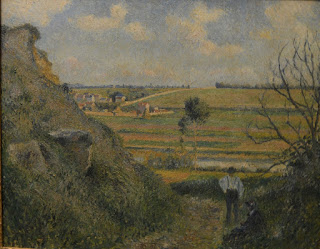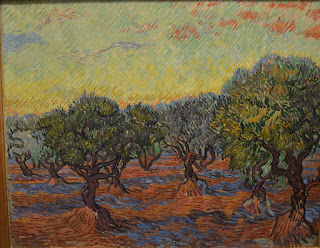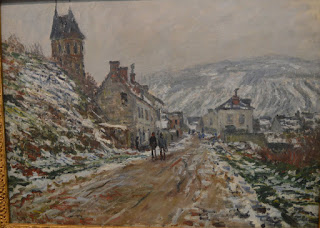Auguste Renoir - Garden - 1877

Edgar Degas - Study for Dressed Ballet Girl - 1879

Alfred Sisley - The Seine near Saint-Cloud

Paul Gauguin - Still Life - 1877

Camille Pissaro - Landscape Bazincourt - 1881

Vincent Van Gogh - Olive Grove - Saint Remy.

Claude Monet - Willows in Haze, Gaverny - 1886

Claude Monet - Water Lillies - 1907

Claude Monet - Village Street - 1879

Paul Cezanne - Avenue - 1880-82

Camille Corot - Forest Path - 1823

Henri Rousseau - Landscape with Water Mill 1879


Edgar Degas - Study for Dressed Ballet Girl - 1879

Alfred Sisley - The Seine near Saint-Cloud

Paul Gauguin - Still Life - 1877

Camille Pissaro - Landscape Bazincourt - 1881

Vincent Van Gogh - Olive Grove - Saint Remy.

Claude Monet - Willows in Haze, Gaverny - 1886

Claude Monet - Water Lillies - 1907

Claude Monet - Village Street - 1879

Paul Cezanne - Avenue - 1880-82

Camille Corot - Forest Path - 1823

Henri Rousseau - Landscape with Water Mill 1879
















